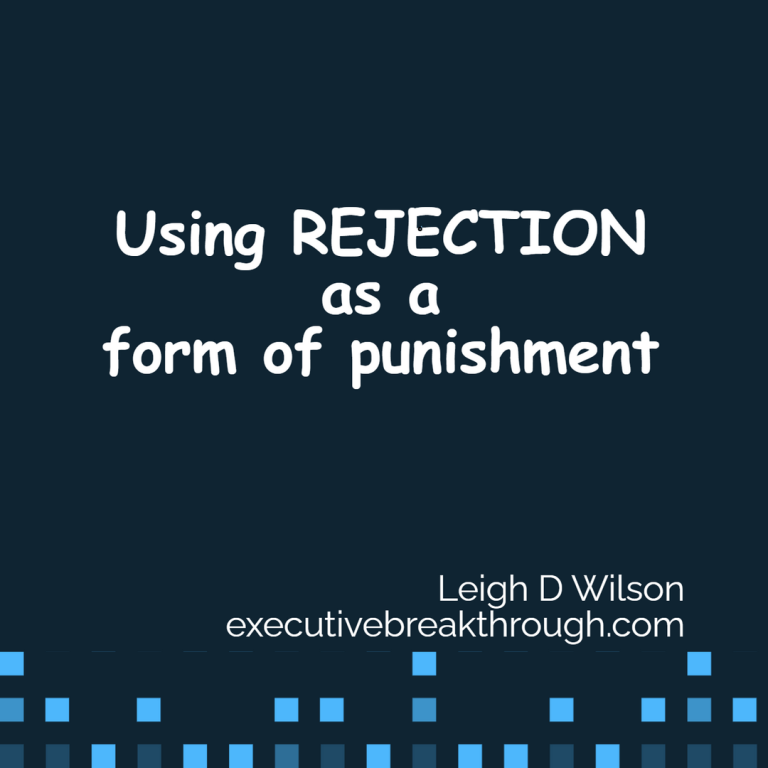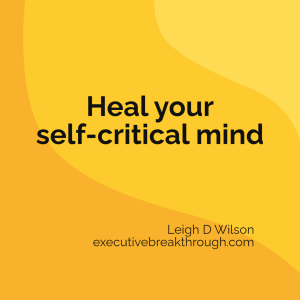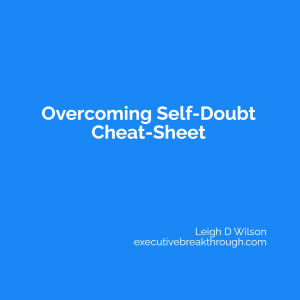Personal rejection is something that most of us have experienced at some point in our lives, and we all know that it hurts, in fact it can REALLY hurt at times, leaving us feeling pretty crappy.
But what if I told you that sometimes, rejection is actually used sometimes as a form of punishment? That’s right – people can be rejected not because they aren’t good enough, but because someone wants to punish them for something they did or said.
One famous example of this is the phrase “being sent to Coventry.” For those of you who don’t know, this phrase comes from a practice that was common in the 17th and 18th centuries in England. If someone had done something that the rest of their community disapproved of, they would be completely ignored by everyone else. No one would talk to them, acknowledge their presence, or interact with them in any way. They would be ‘sent to Coventry’ – that is, they would be exiled from their social circle.
Now, at first thought you might be thinking, “What’s the big deal? So, someone doesn’t talk to you for a while. That’s not really punishment, is it?” But think about it – humans are social creatures. We thrive on social interaction, and we need it to survive. When we’re cut off from our community, it can have serious psychological effects. It can lead to feelings of loneliness, isolation, and even depression. And when this rejection is intentional, when it’s being done to punish someone, it can be even more damaging.
But why do people do this? Why do they use rejection as a form of punishment? Well, it’s often because they don’t have any other way to make their displeasure known. Maybe they don’t feel comfortable confronting the person directly, or maybe they don’t think they’ll be taken seriously if they do. So instead, they resort to this passive-aggressive tactic of ignoring the person and making them feel unwanted.
Of course, this isn’t the only way that personal rejection can be used as a form of punishment. Sometimes, people will reject others because they don’t like their ideas, their beliefs, or their lifestyle. They’ll refuse to associate with them or invite them to events, simply because they don’t want to be associated with them. And again, this can be incredibly damaging, especially if the rejected person is already struggling with self-esteem issues.
So, what can you do about this? Well, the first step is to recognize when personal rejection is being used as a form of punishment. If you notice that someone is suddenly ignoring you or treating you differently, try to figure out why. Is it because you’ve done something wrong, or is it because they’re trying to punish you? If it’s the latter, it’s important to confront the issue directly. Don’t let them get away with this passive-aggressive behaviour.
And if you’re the one who’s tempted to use personal rejection as a form of punishment, think twice. Remember that rejection can have serious consequences, and that it’s not a healthy or productive way to express your displeasure. Instead, try to find a way to communicate your feelings openly and honestly. It may be uncomfortable, but it’s ultimately a better way to resolve conflicts and build stronger relationships.
So, there you have it – personal rejection can be used as a form of punishment, but it doesn’t have to be. By recognizing when it’s happening and communicating openly with others, we can avoid the damaging effects of this passive-aggressive behaviour.
And if rejection is a problem for you, maybe we should have a chat.
#anxiety #stress #worry #overwhelm #procrastination #selfconfidence #selfesteem #burnout #selfsabotage











